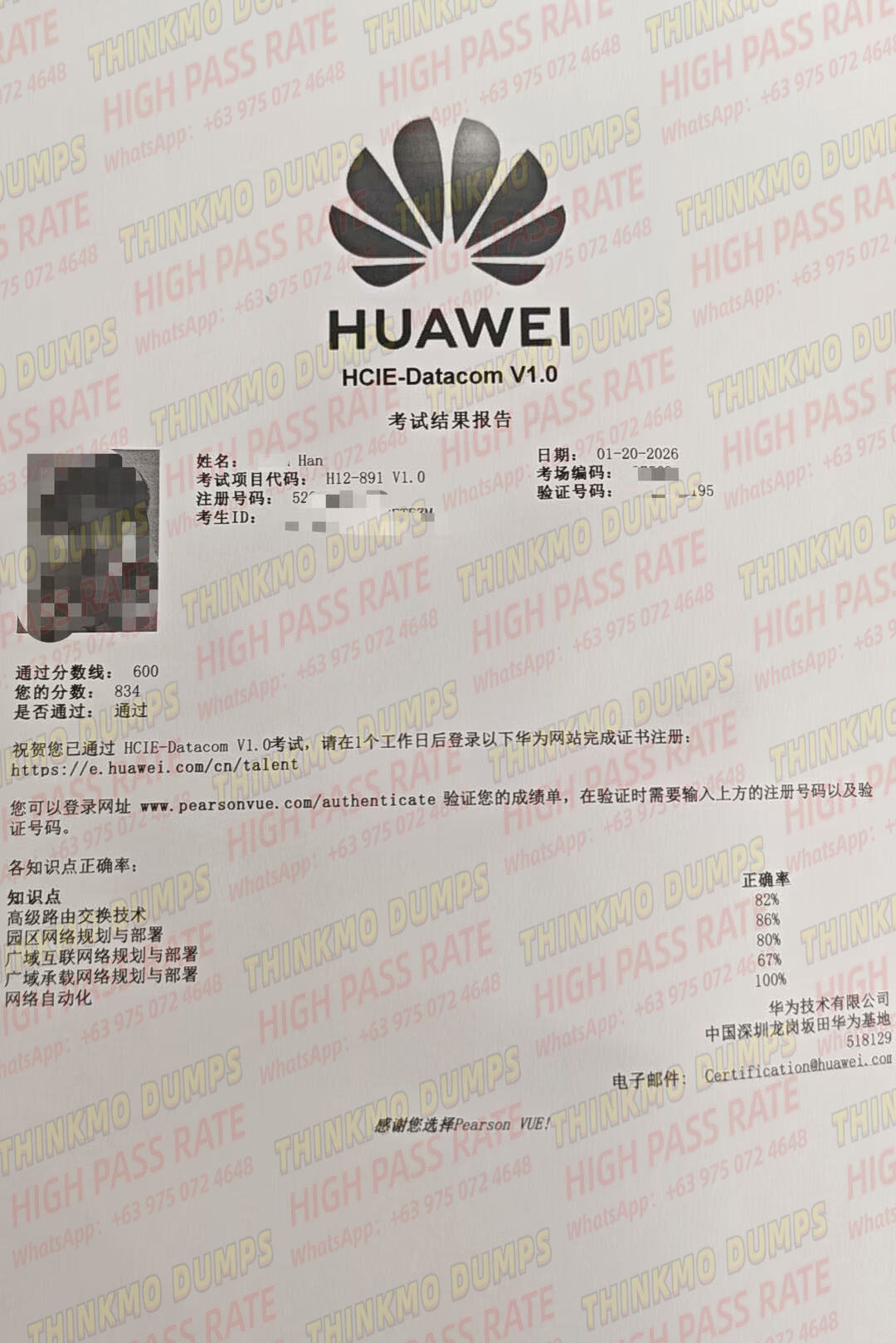How is Cisco faring in the age of AI?
Update time:2025-04-16
In the past two years, with the explosive popularity of ChatGPT, the capital market has entered the "AI era," and tech stocks like NVIDIA (NVDA.US) and TSMC (TSM.US) have seen massive surges.
Notably, since the tech stock rally began, many investors have compared this AI boom to the earlier internet wave, even drawing parallels between NVIDIA and the former "king" of that era—Cisco (CSCO.US)—implying that NVIDIA may ultimately face the same fate of a bubble burst and a steep stock price decline.
However, while Cisco's market value did plummet by two-thirds after the dot-com bubble burst, its stock has since recovered and has performed well in this AI-driven market, proving that the company is actually thriving.
From the Internet to AI: Cisco’s Stock Emerges from the "Shadow"
Cisco Systems was officially founded in California in 1984. By 1990, it went public on the Nasdaq with a market cap of $224 million.
Thanks to the efforts of several "legendary" CEOs, Cisco built an expansive business empire and a diverse product portfolio, extending its reach into nearly every corner of information technology while steadily growing in scale.
By 2000, Cisco reached its peak. At the time, it held a 69% market share in network switches and over 85% in routers. Alongside Microsoft’s (MSFT.US) Windows and Intel’s (INTC.US) processors, Cisco’s networking equipment formed what was known as the "Wintelco" system—representing the three pillars of computing: software, hardware, and networking.
On March 27, 2000, at the height of the dot-com bubble, Cisco’s market cap hit a record high, making it the most valuable company in the U.S. at the time.
But the good times didn’t last long.
In 2001, the global dot-com bubble burst, dealing a heavy blow to tech companies, including Cisco. Its stock price crashed, and its market value plunged by two-thirds—a devastating collapse.
Afterward, Cisco gradually exited the consumer and home markets, refocusing on enterprise networking equipment. Additionally, the company began prioritizing cloud computing, cybersecurity, the Internet of Things (IoT), and data analytics. With the AI boom, Cisco has actively pivoted toward this sector, making notable progress—its latest earnings guidance even surpassed market expectations.
Strong Earnings Guidance Sparks 6% Pre-Market Rally
On August 14 (local time), Cisco released its Q4 and fiscal year 2024 (ended July 27) earnings report. The data showed that FY2024 revenue reached 53.8billion,down628 billion last year, which contributed roughly $1.4 billion to FY2024 revenue.
Q4 revenue stood at 13.6billion,a1010.3 billion, with Q4 net income dropping 45%YoYto2.2billion.Undernon−GAAPmetrics,adjustedearningspershare(EPS)forFY2024were3.73, down 4% YoY, while Q4 adjusted EPS was $0.87, a 24% YoY decrease.
For Q1 of fiscal 2025, Cisco projects revenue between 13.65billionand13.85 billion, with non-GAAP gross margins of 67%–68%. It also expects GAAP EPS for the quarter to range from 0.35to0.42.
For the full fiscal year 2025, Cisco projects revenue between 55billionand56.2 billion, with GAAP earnings per share (EPS) expected to range from 1.93to2.05.
At the upper end of this guidance range, Cisco anticipates approximately 4.46% revenue growth for FY2025—a notable turnaround from the 10% decline in the previous fiscal year, exceeding market expectations.
However, Cisco plans to cut 7% of its workforce, which will incur short-term restructuring costs of around $1billion,with $700 million to $800 million recognized in Q1 FY2025. The company's CFO clarified that the layoffs are not aimed at boosting profits but rather at reallocating resources to accelerate expansion in cybersecurity, cloud systems, and AI-related products.
Additionally, Cisco executives revealed that AI-related orders from large-scale customers have already surpassed $1billion and are expected to grow by another $1 billion in FY2025. The company is rapidly shifting its business strategy to prioritize AI investments.
Following the earnings release, Cisco's stock surged over 6% in pre-market trading on August 15 (local time).
Hot article
-
 1
1 1. ThinkMo Precise Question Bank: Ace HCIE Written
上传:2026-01-23
-
 2
2 Triple H3CNE/H3CSE Passes | ThinkMo Christmas Succe
上传:2025-12-25
-
 3
3 Success Streak: ThinkMo’s Dec HCIE-Datacom Win
上传:2025-12-24
-
 4
4 ThinkMo Guide: Cisco & Huawei Certification Com
上传:2025-12-22
-
 5
5 Pass CCIE/CKA Exams with ThinkMo’s Top Question B
上传:2025-12-19








